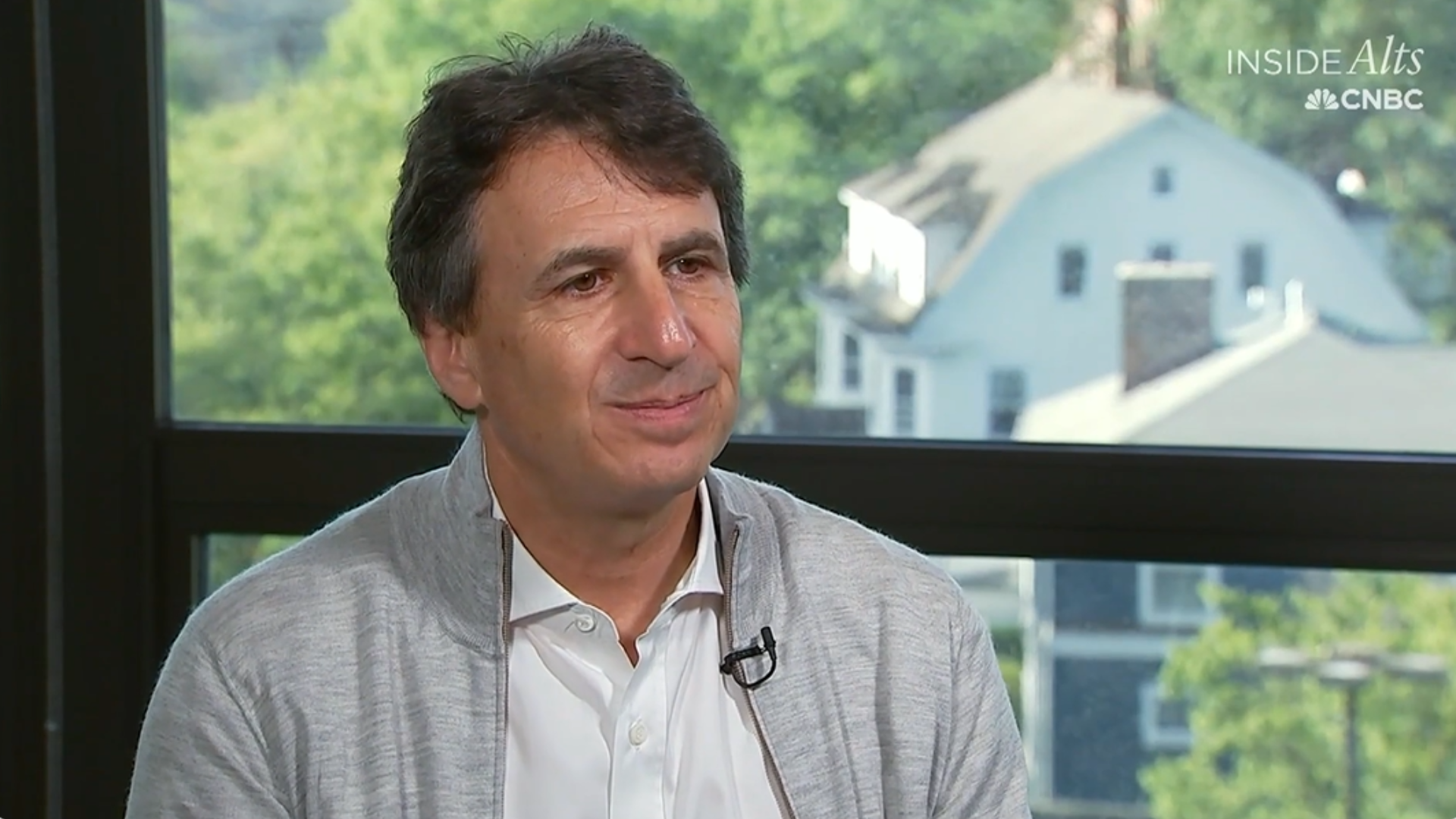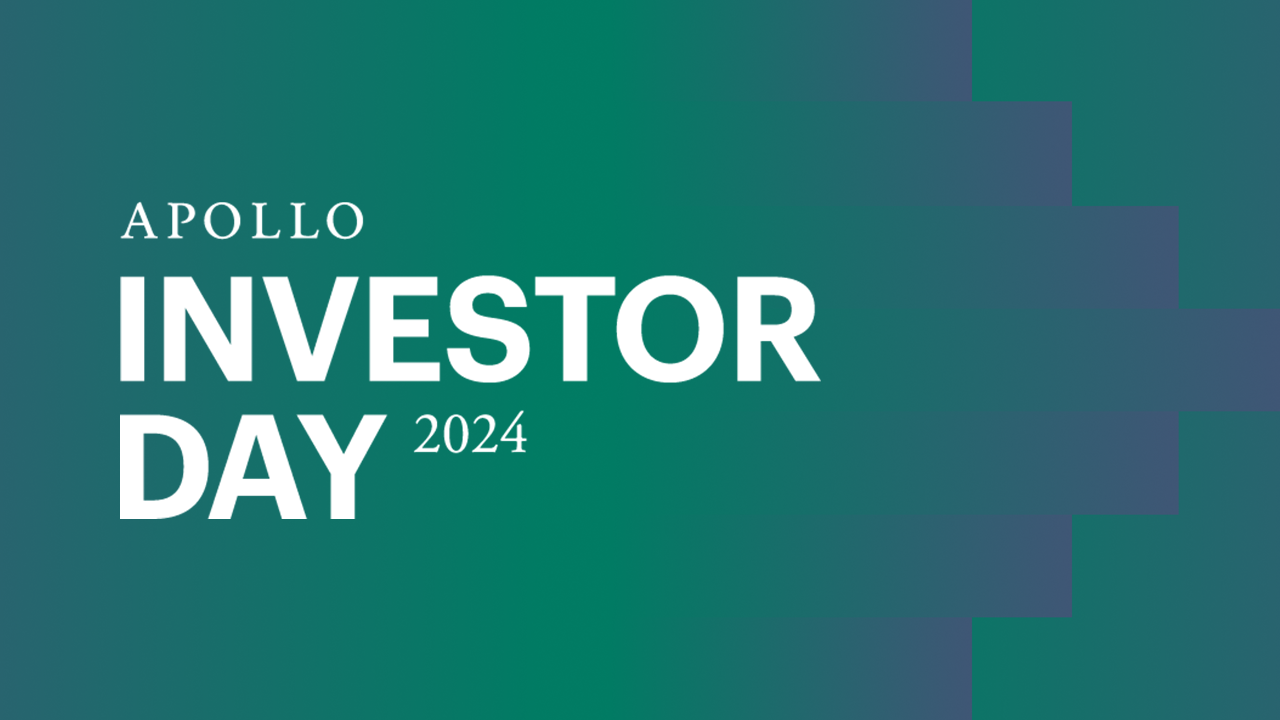Apollo brought together over 140 corporate executives, board members, advisors and Apollo leaders to participate in its second annual CEO Conference in New York.
56 companies and their CEOs attended from Apollo’s Equity, Climate and Infrastructure funds that generate more than $110B in annual revenue and employ over 400,000 people. The conference provided the opportunity for leaders across Apollo’s network and beyond to build stronger relationships and share expert perspectives on building and motivating effective, innovative organizations.
Here are three key takeaways from dialogue at the event:
1. Leaders of successful organizations invest in people who want to grow personally and professionally and empower them to be effective.
Building results-oriented teams requires clarity of goals, clear and open feedback on performance, and mentorship to help employees attain their goals. Indra Nooyi, former CEO of PepsiCo and a member of Apollo’s Executive Advisory Council, stated that developing talent was one of her most important responsibilities as a CEO. Direct and actionable feedback sends a message to employees that they matter, active mentorship demonstrates that the organization wants them to succeed and is willing to help them perform at a higher level, while listening to and implementing their ideas motivates employees. Nooyi shared with the audience her practical tips from hiring the right talent to creating a culture of feedback and mentorship across the organization
Leaders should also be thoughtful about how teams are organized and structured. General Stanley McChrystal, a retired four-star general and former commander of the nation’s premier military counter-terrorism force, Joint Special Operations Command (JSOC) in Afghanistan, explained how to break down silos across teams to promote better coordination. He reflected on achieving greater efficiency by removing hierarchy, which carries administrative burden, and empowering those on the ground to “execute the order we should have given” if an order from the top clearly would not achieve the desired result.
“CEOs in our network are responsible for thousands of employees and are in a position to drive real value creation across the global economy. Through Apollo’s disciplined approach and significant resources – including the APPS team – we help management teams unlock new growth opportunities, especially in uncertain times.”
Matt Nord, Co-Head of Equity, Apollo Global Management
2. Adding value through data and AI requires adaptation, not just adoption.
While harnessing data and AI are increasingly becoming table stakes, it is the CEO’s responsibility to set the strategic imperative for investment in these areas. David Abney, former UPS Chairman and CEO, spoke to the CEO’s role in fostering a data-driven culture, noting that underinvesting in data analytics, which help to understand customers and competitors, might create an even larger hurdle to overcome in the future. He noted that organizationally, data fluency needs to be part of the culture of the business.
When it comes to AI, Deepa Soni, EVP & CIO and COO for The Hartford, and Malcom deMayo, Vice President at Nvidia, emphasized that there is no one-size-fits-all approach. With proprietary data being key to the value creation potential for AI, deMayo stressed the importance of creating a thoughtful AI strategy that is purpose-built for the organization and ties into a holistic strategy for the company. One way to start identifying efficiency improvements using AI is by applying it towards non-customer facing activities that require significant resources and that could save employees’ time.
3. Transformation is the new normal, and companies need to constantly reinvent their business.
The pace of change in the marketplace is only increasing, putting pressure on leaders to be lifelong learners to keep up with all the changes around them. In this fast-changing world, Indra Nooyi emphasized the need to develop strategies to stay ahead of competition. Getting buy in from the board, senior executives and employees at large was very important, she added. While at PepsiCo, Nooyi noted the significant time she spent with each board member to get alignment on each corporate strategy.
During the conference panels and in small group discussions, leaders shared their experiences driving transformations at their companies. David Abney, for instance, shared the challenges of making changes at UPS while the business was outperforming. By avoiding being complacent with recent successes and looking to the future, UPS was able to develop a future-proof plan to remain competitive in a changing logistics industry.
“Bringing everyone together each year to collaborate and share insights is incredibly valuable. We not only strengthen our own relationships with talented leaders across the portfolio, but also see a powerful network effect and a community of CEOs taking shape.”
David Sambur, Co-Head of Equity, Apollo Global Management
In Conclusion...
The second annual Apollo CEO Conference leveraged the power of the Apollo platform in connecting Apollo funds’ portfolio company executives with industry leaders, allowing them to share insights and best practices. Apollo Equity looks forward to further developing this community of leaders and helping them build stronger businesses.
Tags









